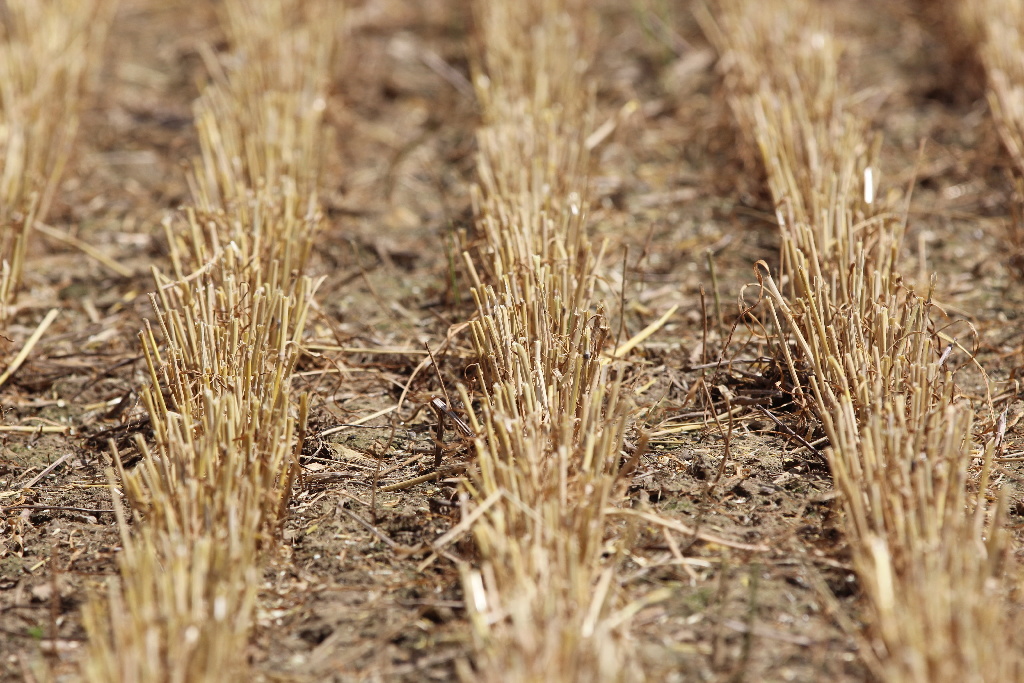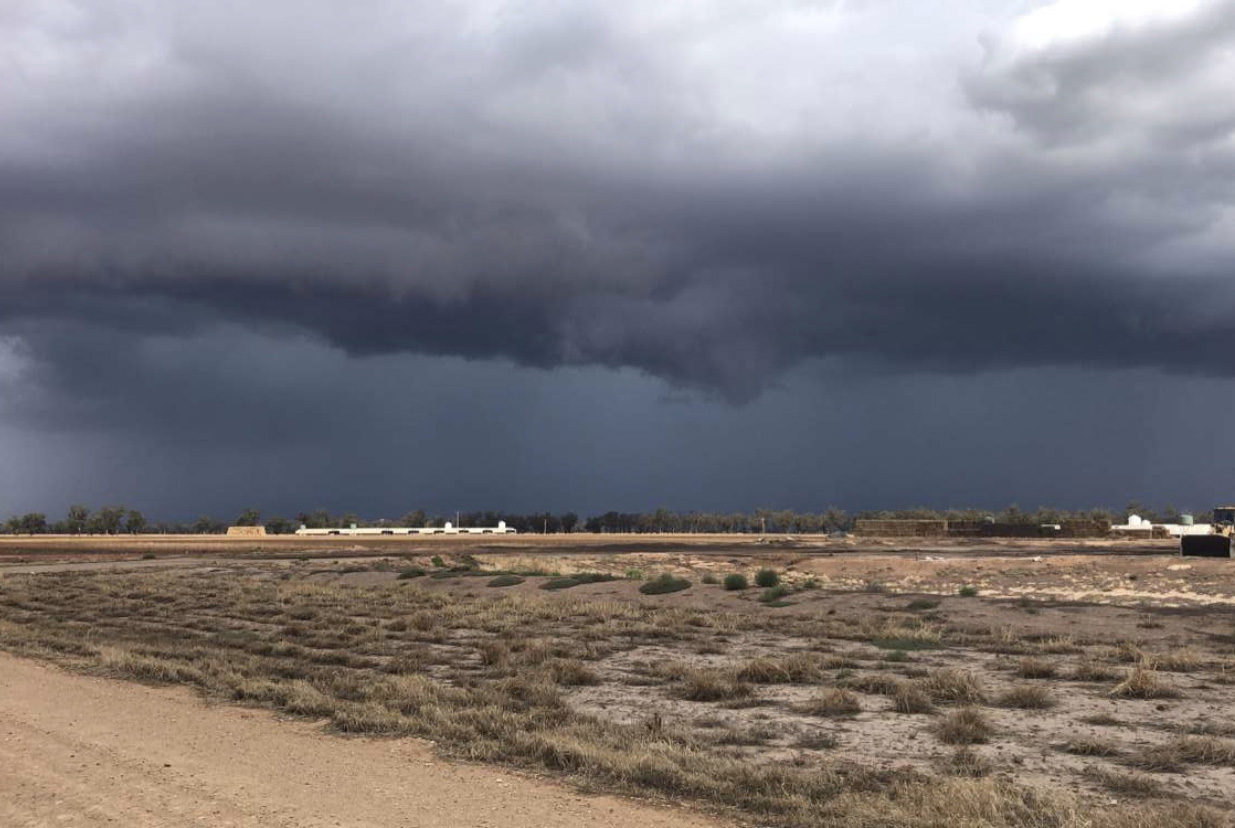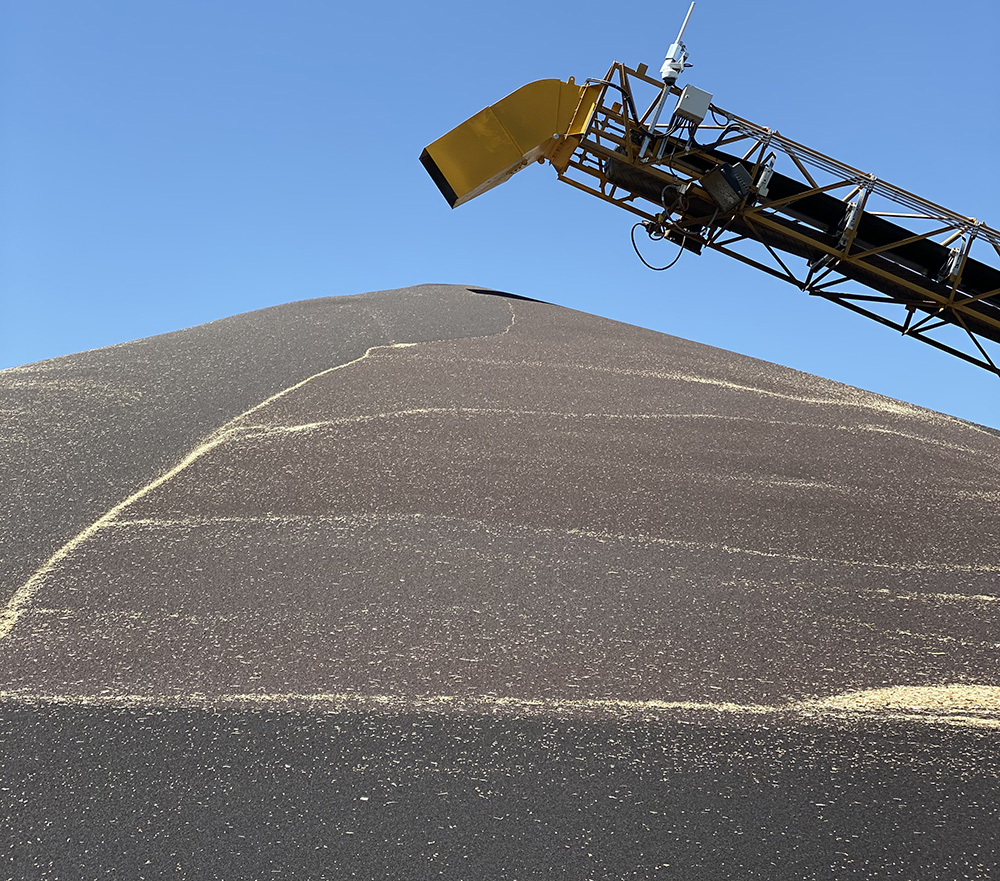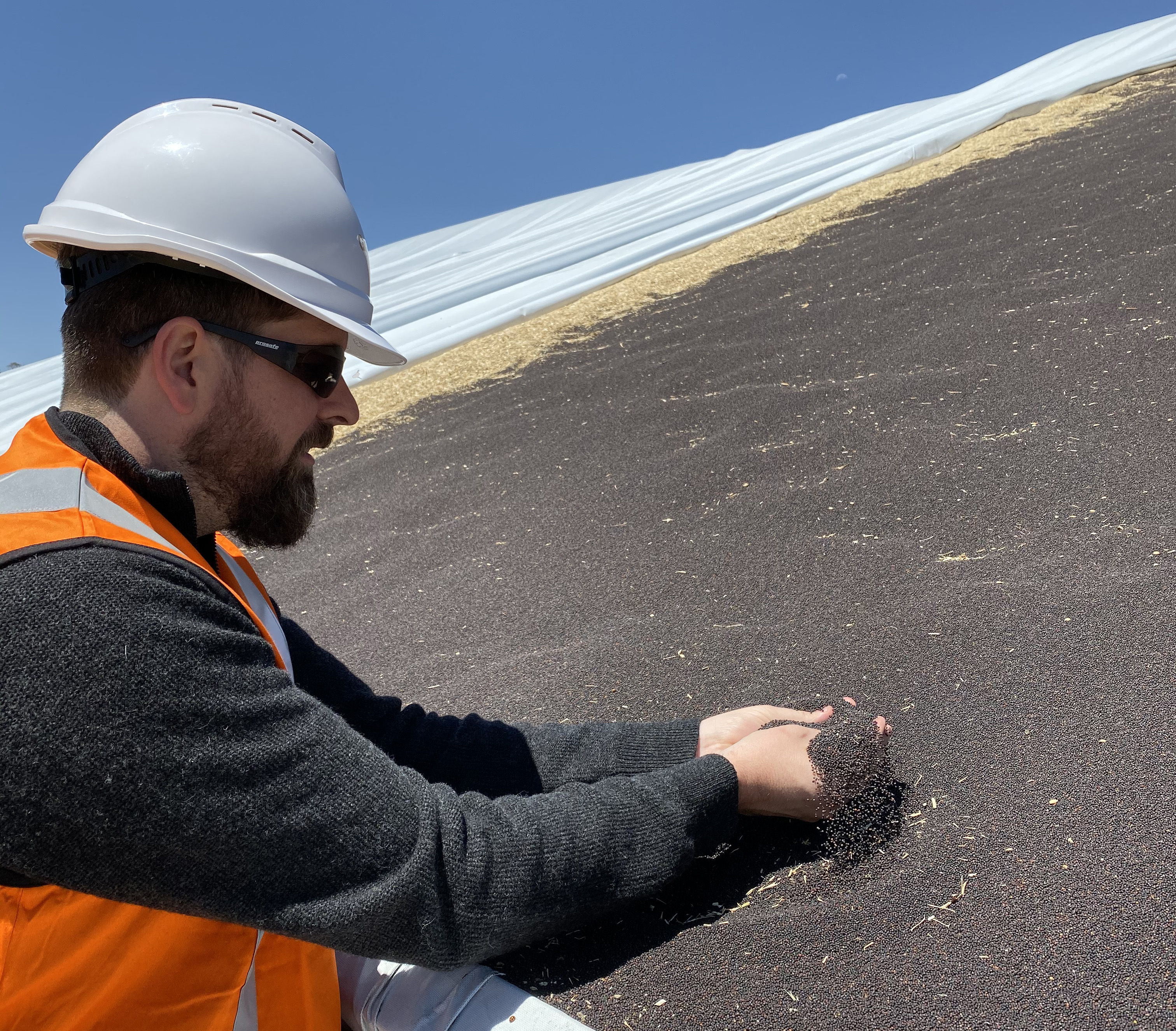Manage your canola risks to capture upside
You could be forgiven for not considering canola in your rotations this year. Despite the recent rainfall it is still only February and it goes without saying that follow up rain is needed in the coming months to significantly increase confidence. While cereals may have a more appealing risk profile after consecutive years of reduced farm income, the strong fundamentals for canola should not be overlooked.
Given the drought, stocks remain tight and there is steady demand from domestic crush plants. Internationally, demand for food oils is increasing year on year. Vegetable oil, like canola oil, is considered a healthier alternative to animal fats. Canola oil has the additional advantage of containing a higher amount of the good omega-3 and omega-6 fatty acids and to be low in saturated fatty acids. As world populations become wealthier and focus more on healthier and diverse diets, it is hard not to see the rising trend of vegetable oil consumption increasing.
The lock down of China due to the coronavirus is having an impact on their agricultural value chain. Many market places have been completely shut down and many Chinese farmers are cut off from their livestock and supplies of animal feed. While the fallout of the virus is still being realised, there are already spikes in food prices and some are saying that a loosening of market access restrictions may be required. Despite this, Canadian canola is still off China’s import list as the saga involving a Huwei executive continues. Recent shipments of Australian canola to China is a positive sign and we can only hope that this continues.
Meanwhile in Europe, the strongest importer of Australian canola, the crop is expected to be down on the previous year. This is due to weather conditions as well as new chemical restrictions which places an additional impediment to canola production. Russia is yet to reach its potential for growing rapeseed. In 2019, 4.45 million acres were planted, but some industry analyst suggest this could increase to over 12 million acres within five years.
These solid fundamentals are underpinning attractive pricing, with canola currently priced 19/20 $682 track Newcastle and Port Kembla and trading about two times that of wheat. Crop pricing for 20/21 is similarly strong at $638 track at the corresponding ports. Indeed, there could be less downside to canola pricing than wheat with the potential for wheat production in the north of the state and in Queensland.
New hybrids are looking attractive with features to reduce production and price risk. Some of these include the ability to return seed if there is insufficient moisture to plant, low cost planting seed options and the ability to forward sell a portion of your crop with no production risk. Options for the upcoming season include the Victory high oleic program as well as other specialty hybrids.
Before the next rainfall event, time could be well spent researching the canola market and the options available to manage your risk.
Crop rotations front of mind as welcome rain falls

After the first dry week in a month filled with storms, everyone in the country have been given a chance to take a breath and plan ahead for 2020. It is certainly a different prospect from six weeks ago.
Read MoreWith Rain Comes Optimism

Widespread rain across Queensland and New South Wales over the past 10 days has been more than welcome through the cropping and pastoral regions. Isolated falls of up to 12 inches have been recorded to date with more forecast for the current week.
Read MoreNew VICTORY® Canola Segregation at GrainFlow Charlton

With the increased demand for VICTORY® Canola we have taken the opportunity to widen our VICTORY® footprint by opening a new segregation at Charlton GrainFlow which will provide growers in Central Victoria the ability to deliver VICTORY® Canola locally.
Read MoreCanola Market Report

With the recent dry conditions many growers are looking for ways and means of reducing any type of risk in their operation. It is natural that many growers have started to consider lessening their biggest crop growing risk of all - the risk of growing canola!
Read More